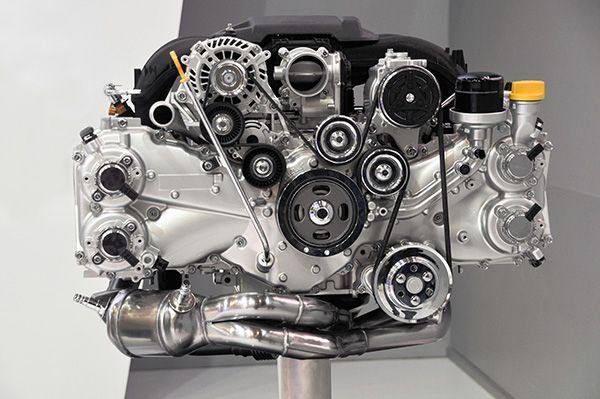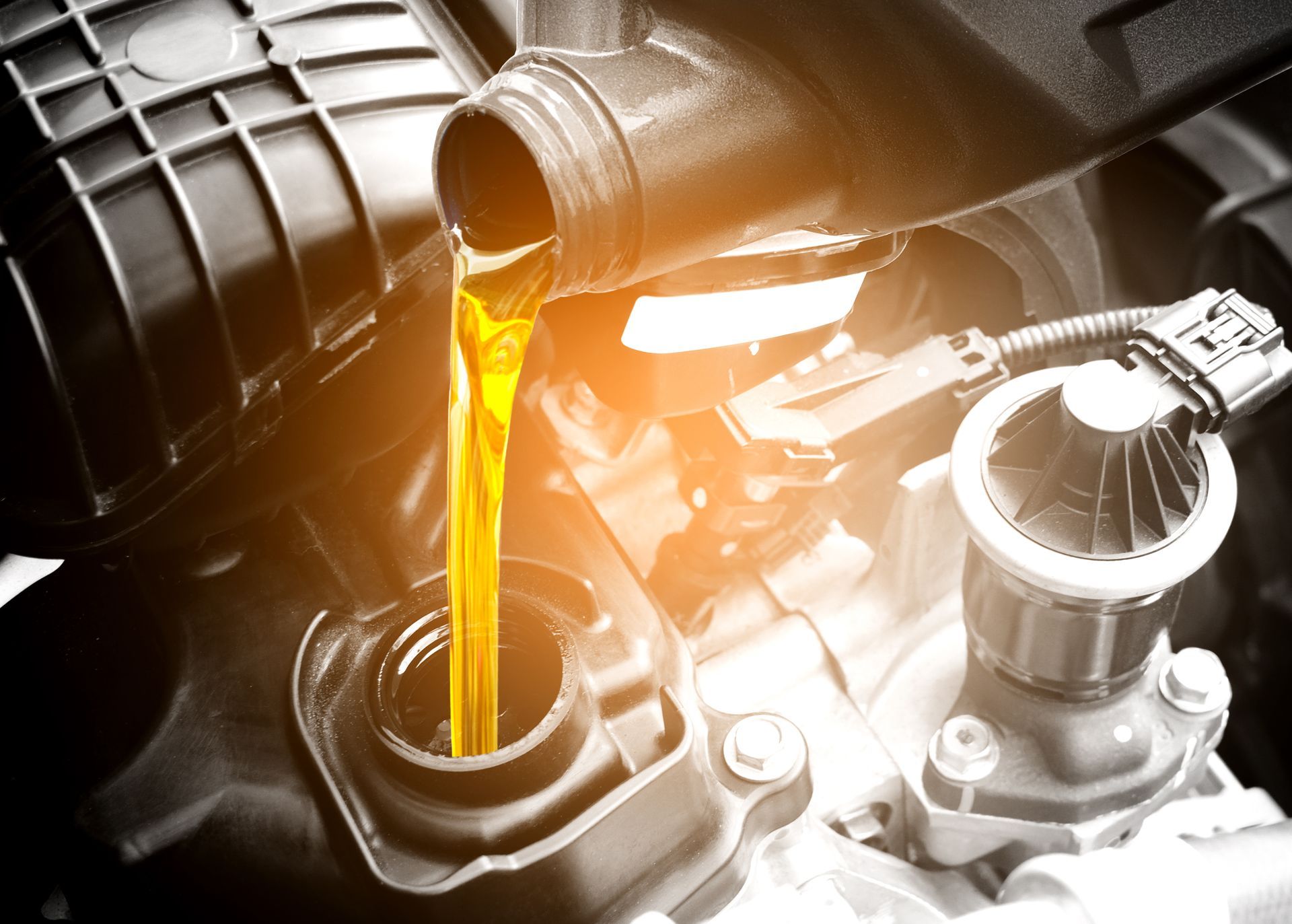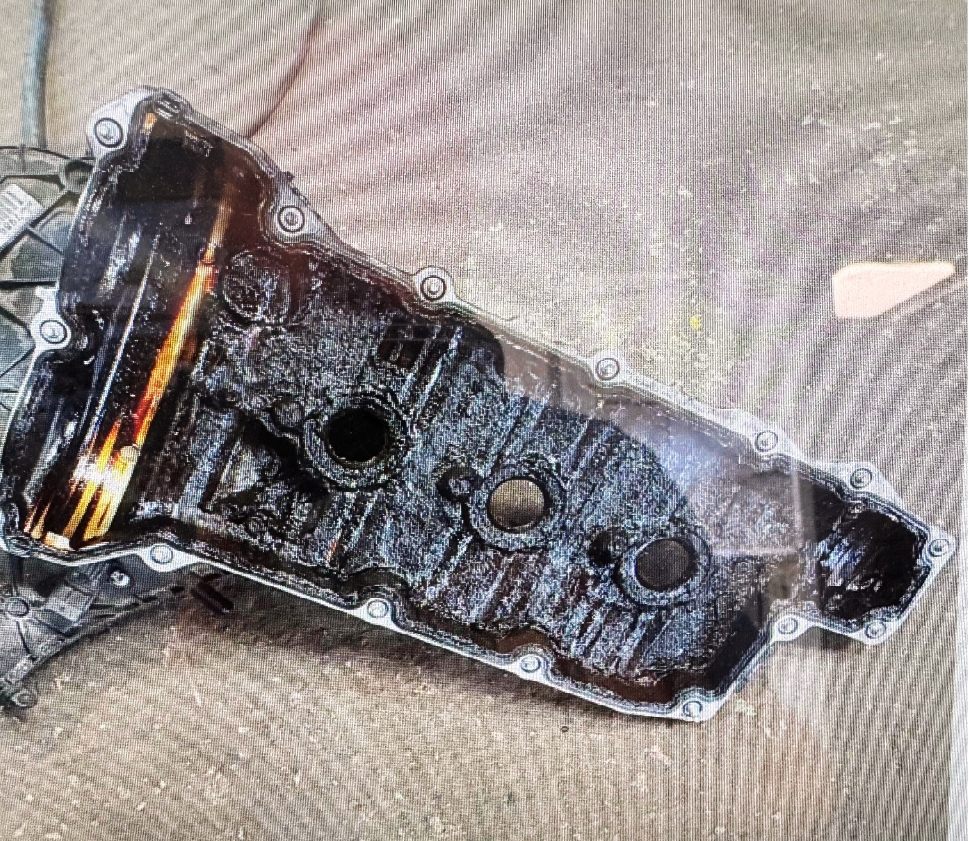Our Blog
Ensure smooth rides with expert wheel alignment at Ocala Auto Repair in Ocala, FL. Enhance tire life, safety & efficiency. Call us today for precision care!
Expert engine repair in Ocala at Ocala Auto Repair. Discover reliable services and top-notch care for your vehicle. Call us today to schedule!
Discover top-notch oil change services at Ocala Auto Repair in Ocala, FL. Enhance your vehicle's performance today! Visit us now!
Get expert exhaust services at Ocala Auto Repair in Ocala, FL. Restore your car's performance today. Schedule an online appointment now!
Discover expert tire services by Ocala Auto Repair in Ocala, FL. Enhance your vehicle's safety and performance. Visit us today!
Discover expert car tune-up services at Ocala Auto Repair in Ocala, FL. Ensure optimal car performance with our skilled technicians. Schedule an appointment now!
Discover expert wheel alignment services at Ocala Auto Repair in Ocala, FL. Improve vehicle safety & efficiency. Visit us today to maintain your ride!







